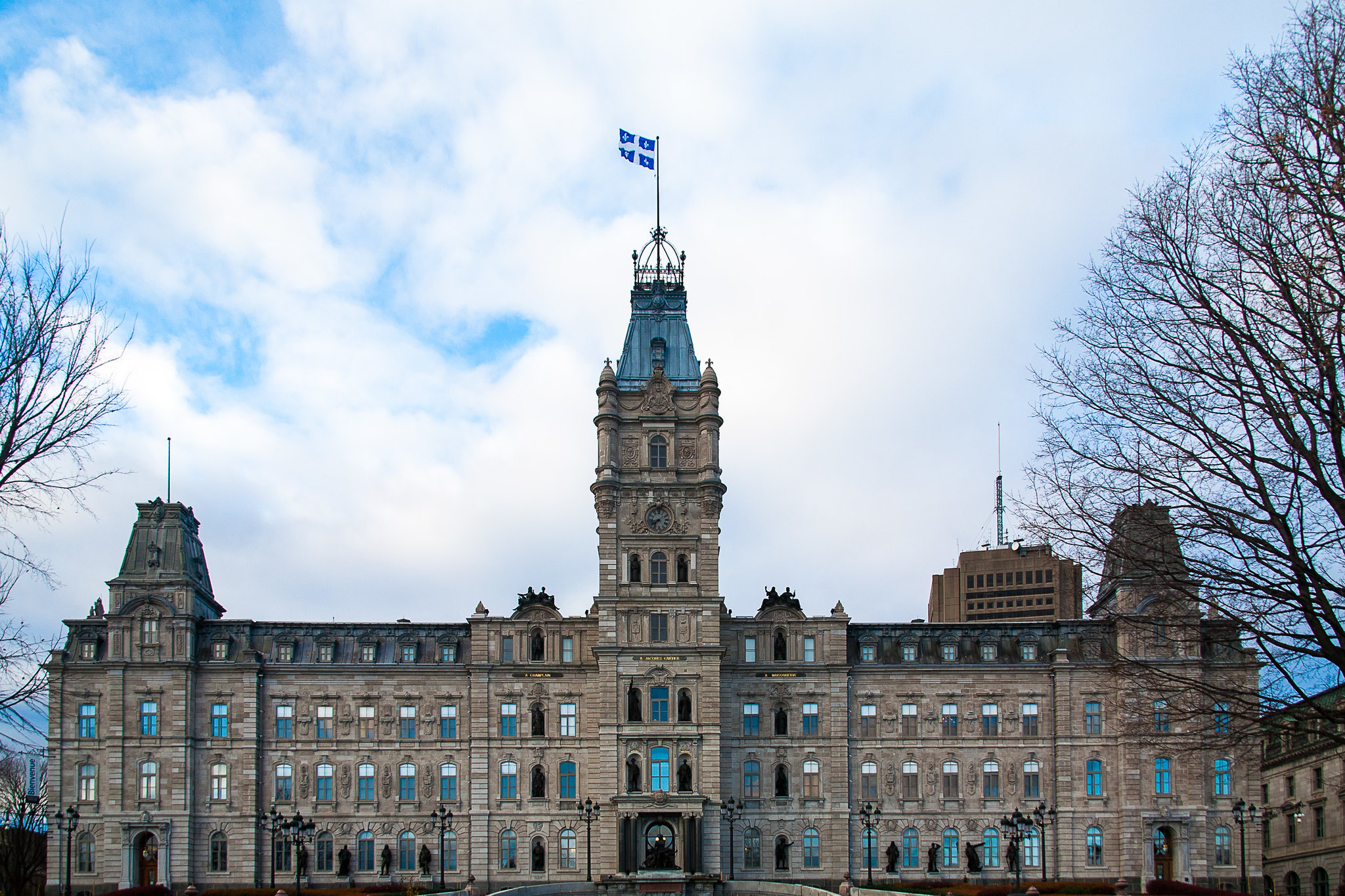On July 4, Manitoba Premier Brian Pallister became one of only a few national leaders to voice disagreement with Quebec’s Bill 21, recent provincial legislation that prohibits civil servants from wearing religious symbols, such as a headscarf or a turban.
Pallister told columnist John Ibbitson at The Globe and Mail that the legislation “sends, I think, an un-Canadian message that they (immigrant faith groups) need to hide, or that they’re less acceptable for some reason — not just for what they wear, but for what they believe.”
Less than 24 hours after the Quebec legisture passed Bill 21, the Canadian Civil Liberties Association and the National Council of Canadian Muslims announced a court challenge on a number of constitutional grounds, including that public institutions must be open to everyone.
“Bill 21, now officially having acquired the status of law, paves the way to legitimizing state discrimination and marginalization,” says a news release from the Canadian Council of Muslim Women. For starters, said the CCMW, the new law will have the effect of rolling back progress towards the province’s declared goal of empowering women and advancing their equality with men.
For the provincial civil service, they said, “In the public positions deemed of authority, those who are already employed will see their opportunities for advancement denied and those who aspire to join will find their candidacy automatically rejected” — not only for Muslim women in hijabs, but for any faith group members who wear an identifiable religious symbol.
“This law will relegate visible religious minorities to the status of second-class citizens, depriving them of their rights to practice their religious beliefs freely,” said Rabbi Shaul Osadchey, chair of Calgary’s new interfaith and intercommunity coalition to oppose racism. “Furthermore, it will endanger the safety and dignity of all visible religious minorities by encouraging further acts of discrimination, prejudice and even violence,” and may expose women especially to these ills.
The new I-CARE task force, (Interfaith Community Approach Resisting and Eliminating hate, racism and violence) includes representatives from Jewish, Christian, Unitarian, Sikh, Hindu, Muslim, Buddhist and Indigenous faith groups — like the Interfaith Harmony group from which it sprang.
(Incidentally, the Calgary Interfaith Council won the $25,000 2017 first prize award for the King Abdullah II UN Interfaith Harmony Week. Rabbi Shaul Osadchey, Reverend Debra Faulk, and Imam Fayaz Tilly travelled to Amman, Jordan to accept the prize from King Abdullah.)
Joining this core group are community groups like Calgary Alliance for the Common Good and Calgary Immigrant Support Society along with Calgary Police Services and Black Lives Matter. I-CARE’s terms of reference state that, in the face of rising rates of hate crimes in Canada and around the world, the group has resolved “to promote positive interfaith relations, eradicate religious stereotypes and prejudices, and enhance the contribution of faith communities to the well-being of our city.”
I-CARE aims to achieve these goals through five strategies: building bridges between communities, promoting religious literacy, research, social activism and media outreach. The Task Force plans to meet monthly and plan actions in all five of those areas. Such active promotion of goodwill between communities seems especially important in Alberta, where white nationalists like Terry Long keep trying to claim a foothold.
Still, these are longterm responses.
On the more immediate front, the city council of Brampton Ontario voted to support the CCLA and NCCM legal challenge to Quebec’s new law. “Brampton has a large south Asian population,” explains the CBC, “and is part of Peel Region, which has has the highest number of people who identify as Sikh in the Greater Toronto Area at 123,000.”
Brampton’s mayor is Patrick Brown, former president of the Ontario Conservative Party. Ousted last winter by charges of sexual misconduct, he won the mayoralty last October. He told Global News that Peel Region, including Brampton, Mississauga and Caledon, “will welcome anyone from Quebec who has been turned away from a job in the public sector due to their faith. I have always viewed Brampton and Peel Region as ground zero for multiculturalism,” he said. “If we’re not going to stand up for diversity, then who’s going to?”
Brown and Pallister are two of the most senior Canadian politicians to speak out on this issue. Rabbi Osadchey called for more: “I-CARE is concerned and disappointed by the muted responses of public officials at all levels of government who have not voiced their opposition to this bill and the dangerous precedent it sets for the future well-being of all Canadians,” he said.
“We call upon all federal and provincial political leaders to speak out against Bill 21 and its flaunting of the human rights of Canadian visible minorities living in Quebec.” However, as the Globe’s columnist notes, with a federal election coming up this fall, no federal party wants to alienate Quebec voters by objecting to the CAQ’s discriminatory law.
But then, Brown and Peel region may have the most constructive response already underway: they are advertising in Quebec for multicultural police officers. “If there is an officer who has lost their employment, whether they wear a turban, have a hijab, a cross — for any reason due to their faith — out of our commitment out of freedom to religion, we’re placing an ad that all those people that have been turned away in Quebec [can] apply in Peel and that we’re an inclusive force; we’re an inclusive part of the country and we welcome all,” said Brown.
Award-winning author and journalist Penney Kome has published six non-fiction books and hundreds of periodical articles, as well as writing a national column for 12 years and a local (Calgary) column for four years. She was editor of Straightgoods.com from 2004-2013.
Image: PaulVanDerWerf/Flickr




